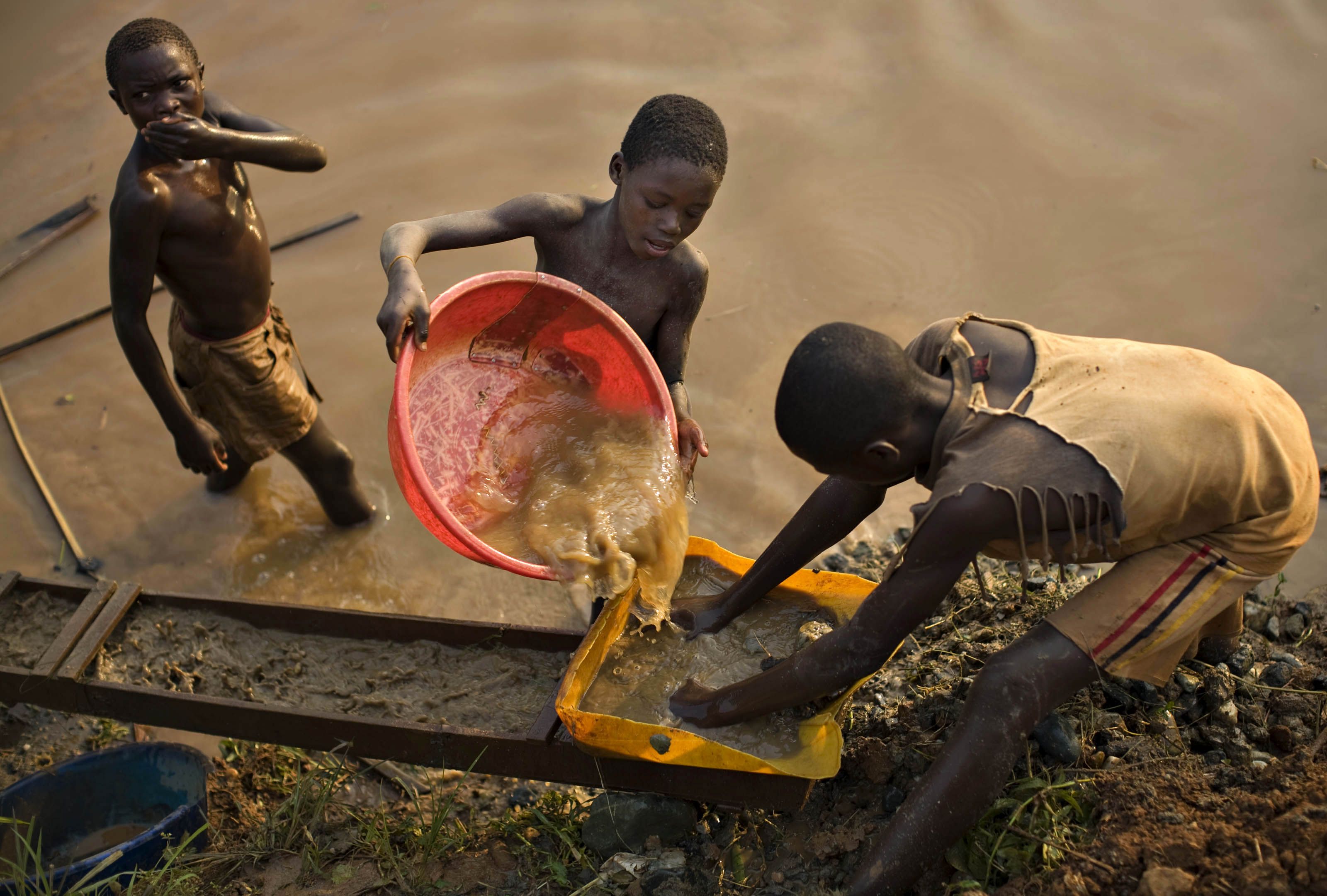PBS: Escaping Eritrea … [Read More...] about ካብ ውሽጢ ቤት ማእሰርታት ኤርትራ
Modern slavery is still rampant in the countries that produce most of the world’s goods
|

For many in the West, slavery is a far off, historical concept. But a new index shows that consumers all over the world are getting products that at some stage were touched by the hands of modern-day slaves.
The risk for modern slavery is especially high in African and Middle Eastern nations, while countries in the Americas and Eurasia are typically at medium or low risk. Many of the countries most at risk have also experienced some type of conflict, which has exacerbated poverty and corruption levels and weakened the state’s ability to protect citizens. The report also found the practice rife in big export economies such as India and China.
Over 80% of countries in sub-Saharan Africa are also featured as high risk, including Kenya and Nigeria, two of the region’s three largest economies. Countries that top the list in Africa are also important natural resource hubs or countries where the state is unable to enforce labor laws or is actively violating them.
The continued existence of modern forms of slave labor has had a ripple effect across multiple, and increasingly multiplying, global supply chains, whether in manufacturing, food, and beverages or the extractive industry.
For example, the Democratic Republic of Congo, which is the largest producer of cobalt, a critical component of mobile phone batteries, is ranked fourth in the world for having modern-day slaves. Amnesty International has in the past said that tech giants like Apple and Samsung might be using minerals from mines that depend on child labor in the Congo.

Poverty, unemployment, and hereditary bondage practices, have made workers in the highest-risk countries even more vulnerable, driving them into accepting exploitative conditions. This is especially true when they have migrated across borders or internally. In countries like Mauritania, which only abolished slavery in 2007, cultural practices like hereditary slavery still linger.
While many countries have legal frameworks to protect workers, they differ in how rigorously they’re enforced. Corruption also derails law enforcement in many of the countries that are ranked extreme or high in terms of slavery levels. Medium-risk countries like Botswana, Rwanda, and South Africa have been able to demonstrate some commitment to safeguarding citizens’ rights, as has Sao Tome and Principe, the only African country listed in the index as low-risk to workers.
The report’s authors urged countries to implement robust anti-slavery legislation, such as the UK’s Modern Slavery Act. Passed in 2015, the law requires companies to detail their efforts to eradicate modern slavery from their product supply chains. Maplecroft also says that companies should map deeper into their supplier chains, audit them, and put in place internal processes that mitigate against slave labor.
